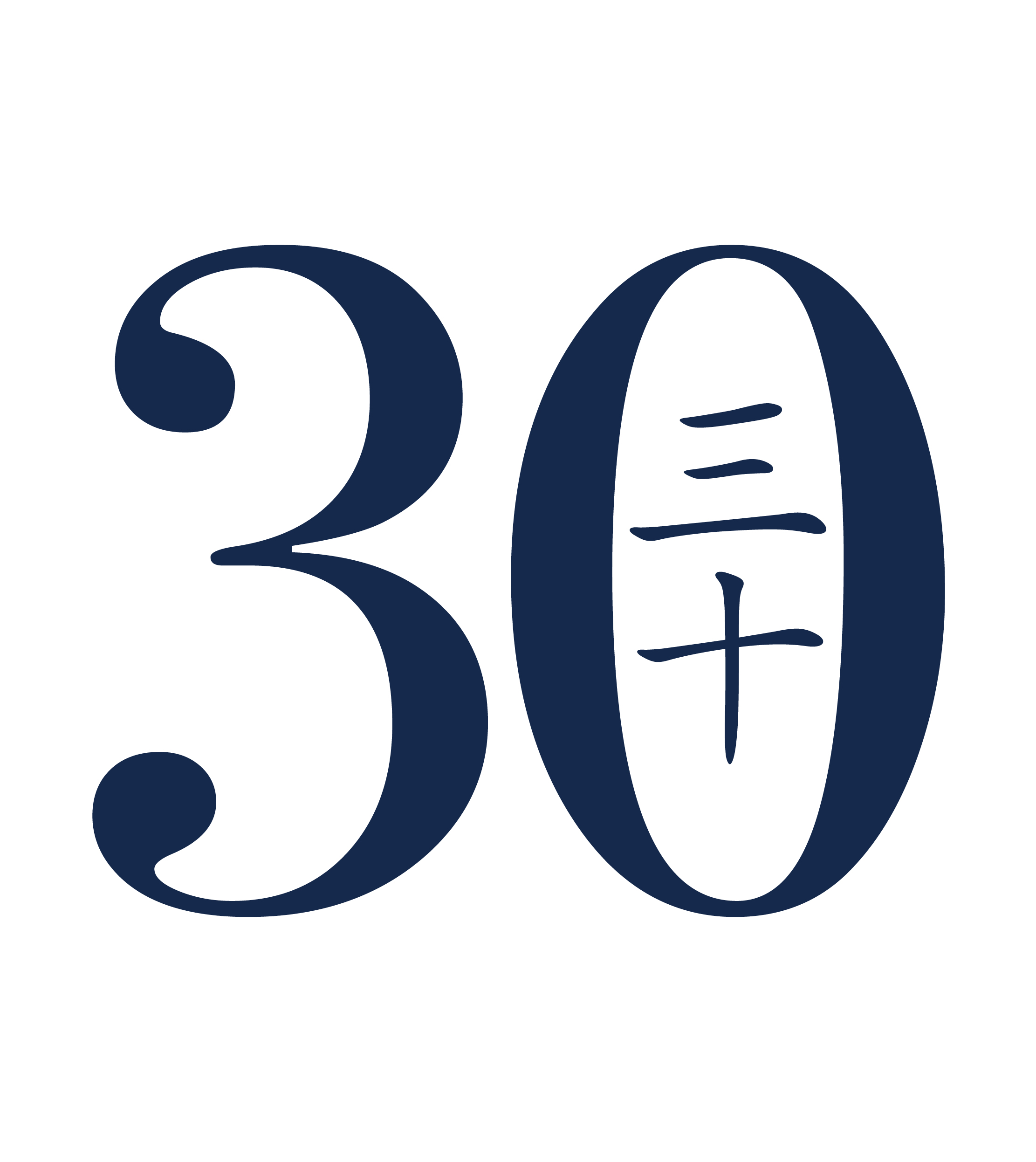APS China Monthly
 The APS China Monthly* is a collection of thought pieces and is part of our commitment to be your partner in understanding and investing in China.
The APS China Monthly* is a collection of thought pieces and is part of our commitment to be your partner in understanding and investing in China.APS China Monthly
February 2026
While global markets navigate growing “AI bubble” fears and the diminishing marginal utility of LLM scaling, a new strategic trinity is emerging in China that merits investor attention. The narrative has shifted from mere “text-bots” to a high-efficiency ecosystem defined by autonomous agents and localized edge intelligence.
APS Deputy CIO Stella Zhang takes a look at how China is narrowing the performance gap with global leaders by leveraging “DeepSeek-style” algorithmic efficiency to reduce costs to a fraction of traditional methods. In this marathon for AI supremacy, China is well placed to win the gold medal as AI becomes tightly woven into the fabric of daily life in China.
January 2026
December 2025
Investors have spent years asking whether China is “uninvestable,” but the data, policy direction, and market structure all point toward opportunity, not risk. Since the September 2024 “Pan put,” Beijing has acted with unusual clarity — stabilizing markets, restoring confidence, and redirecting capital toward innovation and industry. Yet global headlines remain trapped in a doom loop of pessimism and flawed analogies. In “Mirror Mirror on the Wall, Is China Still Uninvestable?”, APS Asset Management Chief Strategist Wong Kok Hoi shows that the “uninvestable China” label was always intellectually sloppy — and is now empirically indefensible. With household savings at record highs, valuations still depressed, and China’s Manufacturing-Innovation-Talent engine accelerating, the next leg higher is quietly being built on underestimated strength. In short: our mirror confirms that scare stories are stale — and the opportunity is very real.
November 2025
A new generation of homegrown models and system-level breakthroughs is fast closing the gap with US leaders, powered by a top-down AI+ national agenda and intense domestic competition that is driving adoption at immense pace and scale. Global capex strains and monetization headwinds still pose bubble risks, yet China’s AI ecosystem is fast emerging as a credible “global AI” alternative — cost-competitive, rapidly deployable, and strategically backed for export.
For investors, this represents a distinct opportunity set spanning models, chips, racks, and application stacks — but one that demands sharp discipline around execution and monetization. In “China AI – Prometheus Unbound”, AI sector analyst Wong Qi Yang looks at the three key factors that buttress the China AI thesis and help assuage bubble fears, cognizant of some dark clouds looming on the horizon, while also looking at the dynamics of China’s AI market.
October 2025
September 2025
August 2025
In “Rare (Earths) Trade War Twist”, APS China Chairman Dr Tan Kong Yam examines how this move exposed severe American dependencies and pain points like refining capacity and severe talent shortages, even as China tightens state control over REE mining and refining, extending its leverage. He also takes a look at President Xi Jinping’s strategic calculus: avoid overreaction while exploiting stark US vulnerabilities — inflation and political instability.
July 2025
Drawing on historical analogies from the post-war era and firsthand observations from the field, APS Asset Management CIO Wang Kangning shows how China’s response to supply-side shocks and policy headwinds has unlocked a wave of pragmatic, cost-efficient innovation in his essay “China Innovation in the Age of Disruption”. He also explores how China’s open-source ethos in AI is fostering knowledge diffusion and social inclusion — trends often overlooked in mainstream narratives.
We believe this piece enriches ongoing discussions around global innovation leadership, technology decoupling, and investment strategy in emerging markets.
June 2025
In “Beyond Generative AI: China’s Edge”, APS Internet and consumer analyst Cai Haoxiang details the frenetic, whole-of-society effort under way to incorporate generative AI into every process, to improve productivity and generate future revenue streams. He also highlights China’s potential in the next frontier of agentic AI, where large language models are empowered with tools and services to execute more complex tasks.
May 2025
April 2025
APS Asset Management Deputy CIO Stella Zhang delves into the core characteristics of
DeepSeek’s AI developer talents, the philanthropy that powers innovation via
education, and novel supply-side financial reforms that alleviate bottlenecks
in financing scientific and technological innovation.
She makes the case that listed companies occupying critical positions along China’s increasingly domestic high-tech supply chain will boost global investors’ confidence in China’s equity markets, lowering its risk premium.
March 2025
February 2025
Xi realizes that China must squarely address structural challenges such as an aging population, demographic pressures, and the need for greater economic resilience, while positioning China as a global leader in critical industries like electric vehicles (EVs), renewable energy, quantum computing, and AI. Through a blend of regulatory reform and market-driven competition, Xi’s vision aspires to redefine China’s economic trajectory, securing long-term national prosperity and strategic leadership in a bipolar world.
Dr. Tan looks at public-private synergies, sector-specific initiatives, unleashing China’s crouching tigers that have survived Schumpeterian creative destruction onto the global stage, wedding state resources with private sector competition, the multi-domain Sino-US tech race, Beijing embracing the stock market, and finally, the geopolitical and domestic imperatives of Beijing’s ongoing stimulus policy.
January 2025
December 2024
November 2024
October 2024
september 2024
August 2024
July 2024
jUNE 2024
May 2024
April 2024
March 2024
February 2024
january 2024
December 2023
November 2023
OCTOBER 2023
september 2023
In “A New Economic Path”, APS China Deputy Chairman Dr. Tan Kong Yam estimates the pace of growth during this transition as well as its duration, suggests how measures that improve household welfare to enhance consumption as a new engine of growth can be funded, and explains why the danger of a Lehman moment is much less likely in China.
He also shares his view on what it means for various segments of Chinese society, and the sectors that will play leading roles in China’s economy for years to come.
August 2023
July 2023
June 2023
May 2023
APRIL 2023
March 2023
FEBRUARY 2023
January 2023
December 2022
NOVEMBER 2022
OCTOBER 2022
SEPTEMBER 2022
AUGUST 2022
The Japanese economic miracle hit its zenith in 1989, before collapsing under the weight of investor hubris, loose lending standards, excessive risk taking, and central bank recklessness. As a group, we professional investors have this tendency to behave like lemmings once every decade, and do not seem to learn the lessons from history – the 1600s Tulipmania, the 1700s Mississippi Bubble, the TMT bubble of 2000, et cetera.
Through the eyes of a young professional Tokyo-based fund manager, we travel back to that 1980s go-go era in what seemed to be the Land of the (Forever) Rising Sun, not for good old nostalgia, but to distil the lessons from probably the biggest, craziest bubble in modern times. Hopefully, it can help us sidestep today’s bubbles, and guide us to safer spots.
I share my view of four key contributory factors of bubbles, China’s recent and current bubbles as well as those across the Pacific Ocean, what remains investable in China, and a possible “changing of the guard” among tech-focused fund managers who have achieved phenomenal successes on the back of this latest “tech stock” bull run.





